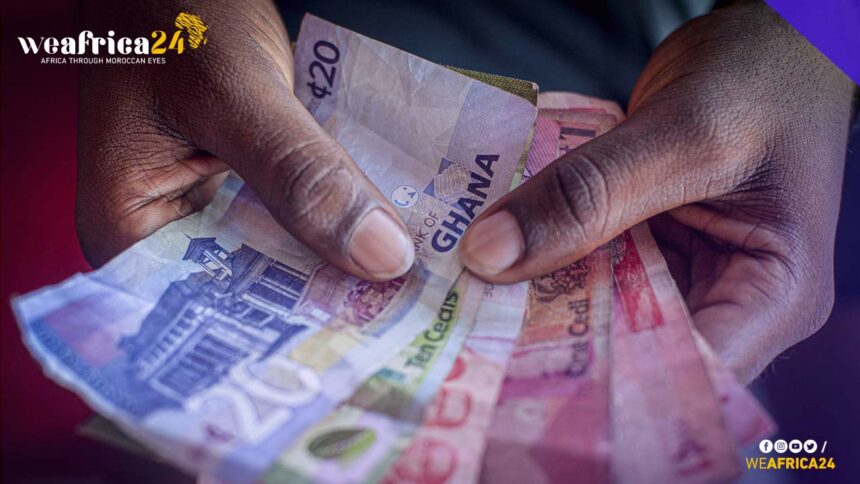For years, Ghana has been hailed as a success story and a model for development in Africa. With its significant gold and cocoa production and a relatively high GDP per capita, Ghana has enjoyed stability and a well-functioning government that provides essential public services, including free education. The country has been a popular destination for the African diaspora, attracting visitors from around the world with its vibrant culture and thriving nightlife.
Overspending and the Burden of Debt: Lessons for Africa
Ghana’s once-praised government, known for its fiscal responsibility and technocratic expertise, now finds itself in ruins. After securing a $3 billion bailout from the International Monetary Fund (IMF), Ghana defaulted on its debts, signaling a troubling trend that could impact 19 other African countries. These nations, like Ghana, have borrowed extensively for infrastructure projects that have failed to generate sufficient revenue to repay the debts, especially amidst high-interest rates and a strong dollar.
Adding to the challenges, Ghana faces the threat of insecurity due to unrest in neighboring Burkina Faso, a new hotspot for jihadist activity. Despite these uncertain circumstances, President Akufo-Addo remains committed to building the National Cathedral, a place of worship intended to serve Ghana’s predominantly Christian population. However, many Ghanaians question the president’s priorities, as the project’s cost has skyrocketed to $400 million, four times the initial budget.
The Rising Inflation and the Suffering of Ghanaian Citizens
The impact of Ghana’s economic decline is acutely felt by its citizens, particularly the low socio-economic groups. Inflation has reached record levels, making everyday essentials unaffordable for many. Despite a small increase in the minimum wage, the astronomical rise in prices continues to burden ordinary Ghanaians. The government attributes the economic misfortune to external shocks such as the COVID-19 pandemic and global food and energy price hikes caused by the conflict between Russia and Ukraine.
However, analysts argue that Ghana was already on shaky ground before these events due to excessive borrowing and overspending in the election year.
Ghana’s dependence on cheap international debt has come back to haunt it. As interest rates rise and concerns about repayment mount, the country has been shut out of international debt markets. Forced to rely on domestic capital markets and central bank financing, Ghana faces exorbitant interest rates and the potential fueling of inflation. To address these challenges, Ghana sought assistance from the IMF, leading to a restructuring of both domestic and external debts.
The IMF program, once approved, may restore investor confidence in Ghana, but its impact on the cost of living for ordinary citizens may take time. To achieve long-term stability, experts stress the need for radical reforms, including plugging revenue leakages, reducing the size of the government, and widening the tax net to include the informal sector. Ghana’s economic crisis serves as a cautionary tale for Africa.







